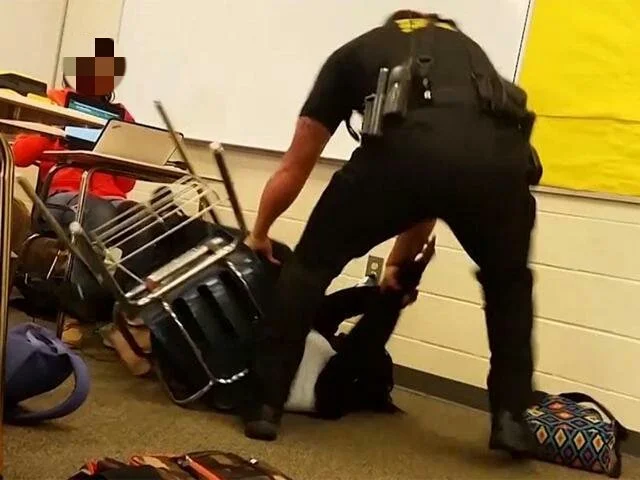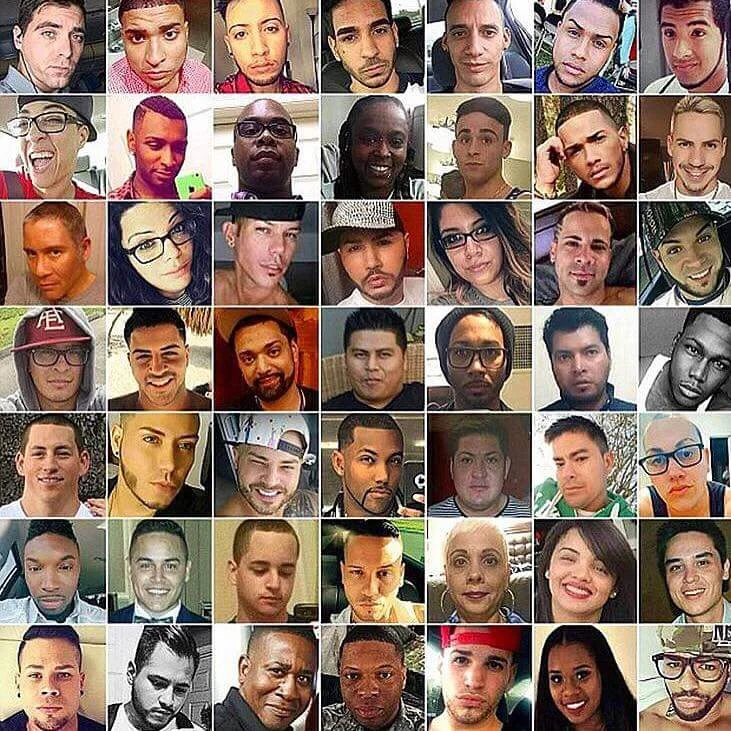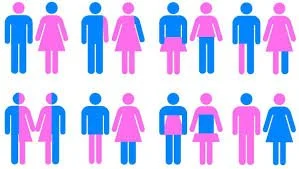Spring Valley Through the Looking Glass
In an American classroom, there is a teenage girl being thrown from her desk and dragged across a room by a police officer. The other students in the classroom looked on in shock or looked down at their desks probably hoping they wouldn’t be next. Or more likely, hoping someone would stop this man from hurting this girl. Schools are supposed to be safe spaces for students to explore, to hope, to develop the ability to achieve whatever they put their minds to. For marginalized students—those of different skin color, ability, sexual orientation, gender identity, or socioeconomic status, American schools have become, and arguably have always been, a hostile environment instilling fear, discrimination, and oppression.
What has happened to the student at Spring Valley High is and has been happening to marginalized students since the inception of the American Public Education System. Historically, the United States is the first nation to mandate a free, public education to its youth. The founders of this nation believed that every person had the right to be educated and through that education become responsible democratic citizens with the ability to elect the future leaders of this country.
Arguably, many people have said that despite the presence of our first Black president, we are seeing an overwhelming increase of Black brutality, death, and incarceration. Having a Black president isn’t a scapegoat to absolve us from the social, ethical, and human responsibility of caring for the lives of people who didn’t have the privilege of being born or perceived as White. If the Black Lives Matter movement has proven anything about that state of colored lives in the United States, it’s this: Black lives never mattered and especially don’t under a Black president. What our nation is telling the world is that the President’s life only matters because he is the President, not because he's Black. We are telling children of color that despite their heritage, they can assume the nation's highest office, but still their voices will be silenced. How do we weave hope into our school systems to have more generations of equitable change in America?
We do this by redefining what makes a “leader” in our society. We do this by reimagining black and young and disabled and queer as identities synonymous withsuccess. Not less than, not failure, not unworthy, but greatness and beauty and loved. For too long our nation has used and perpetuated codified language in our media, textbooks, and dating apps that posit diversity as a box to check rather than a human being to celebrate.
Success doesn’t have to be a first black president in a political body; a body dominated by White men that have to approve his decisions or grant lesbians, gays, and bisexuals the right to marry, while transgender Americans are murdered at astronomical rates. Success could look like, and does look like, 100 Black male professionals forming a line to greet kids on their first day of school.
























